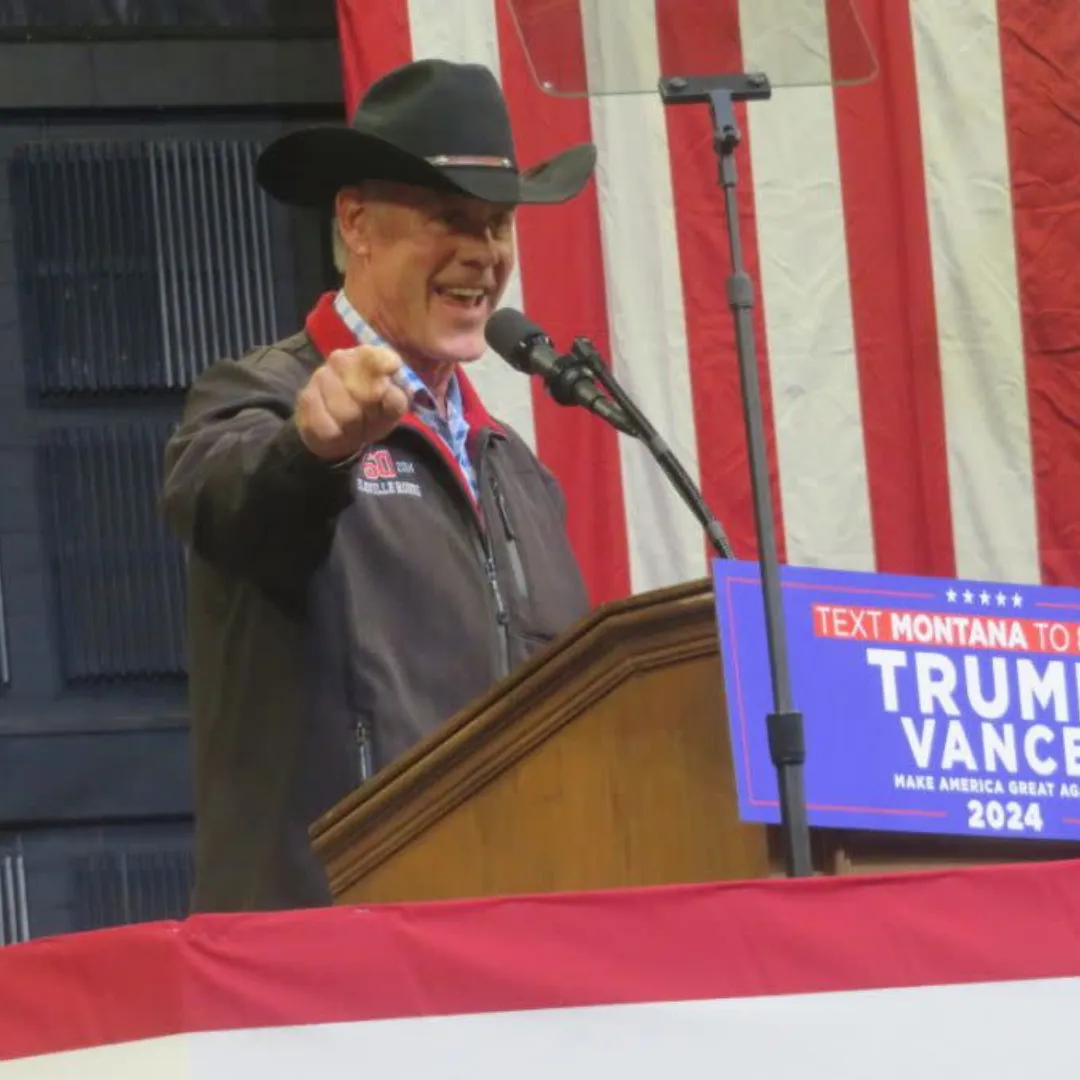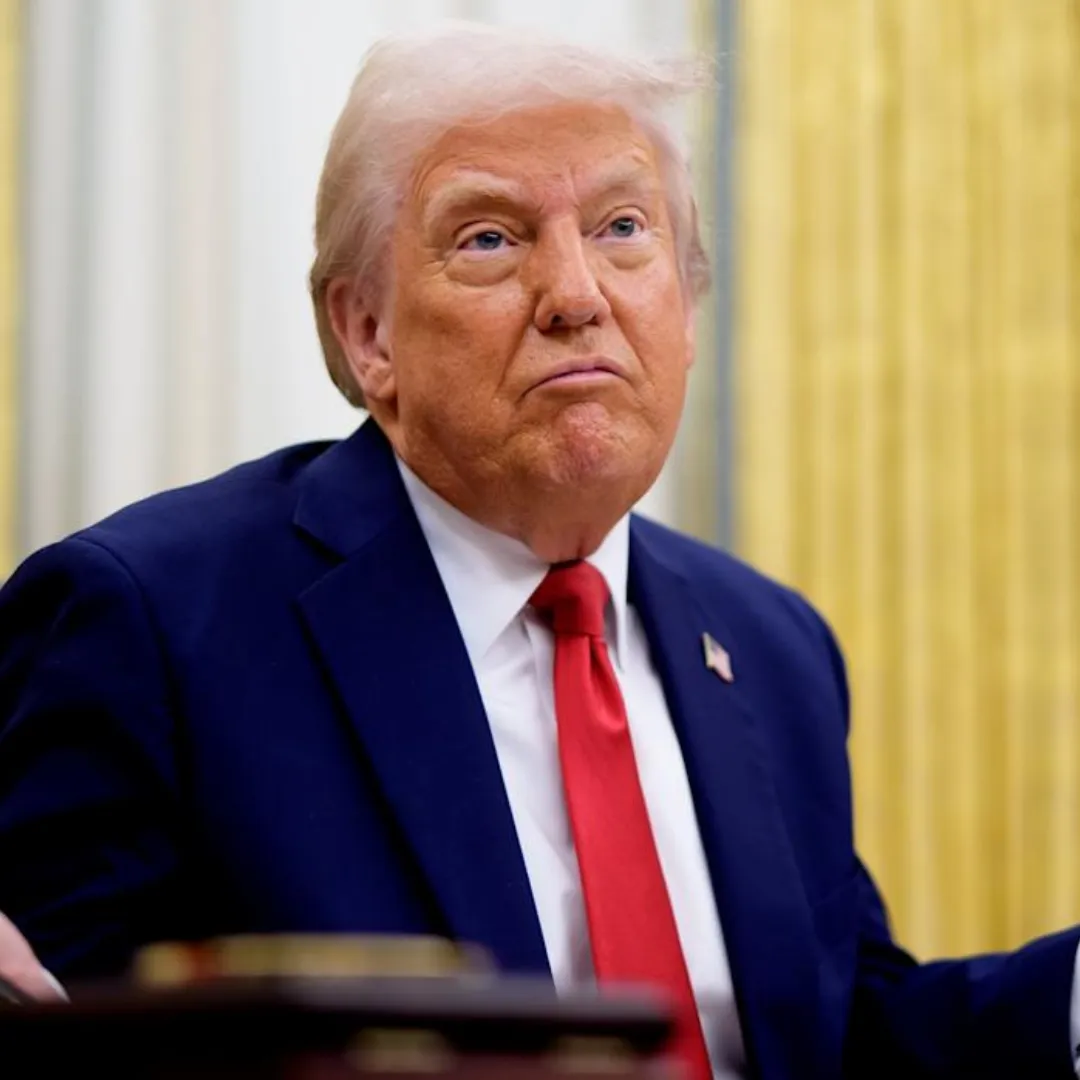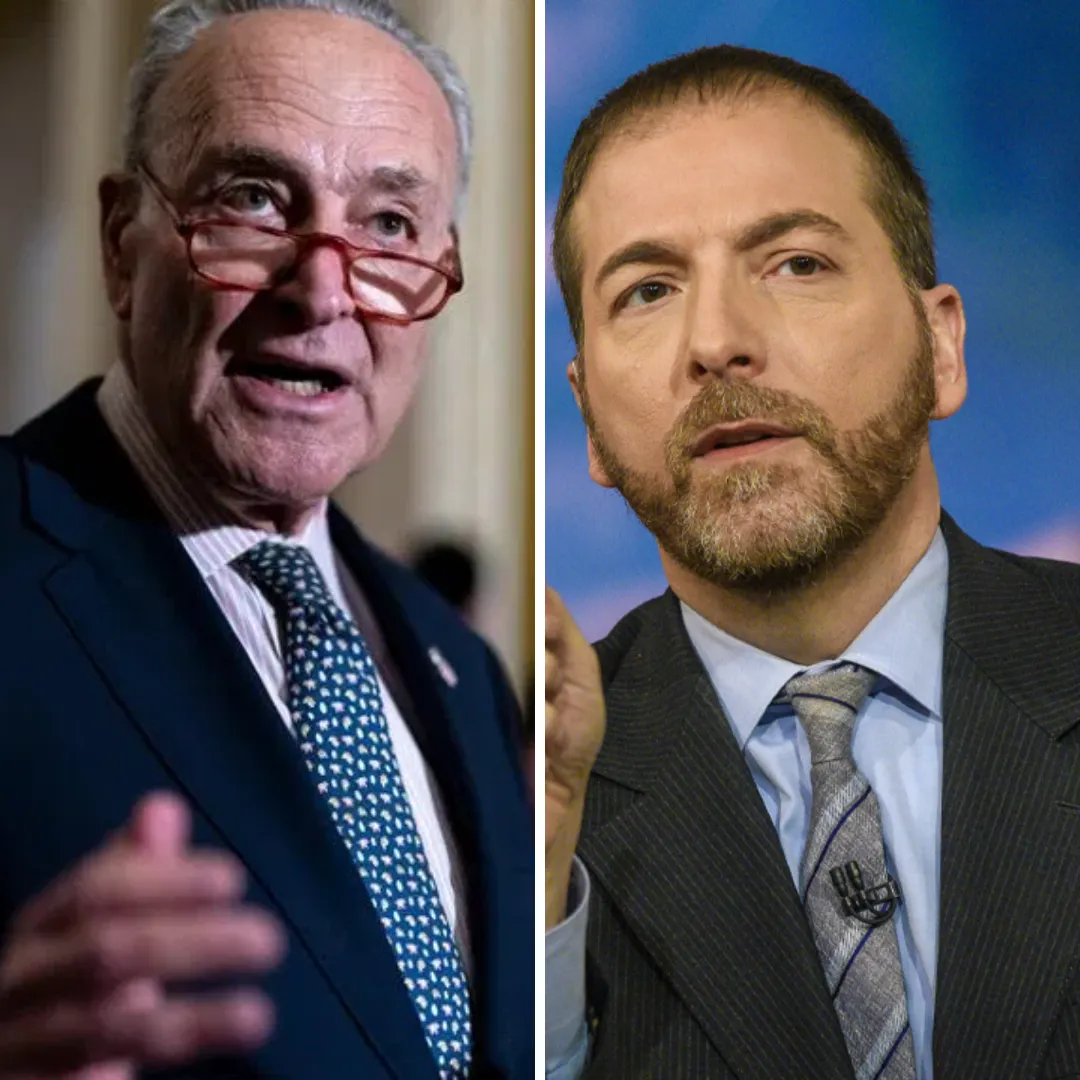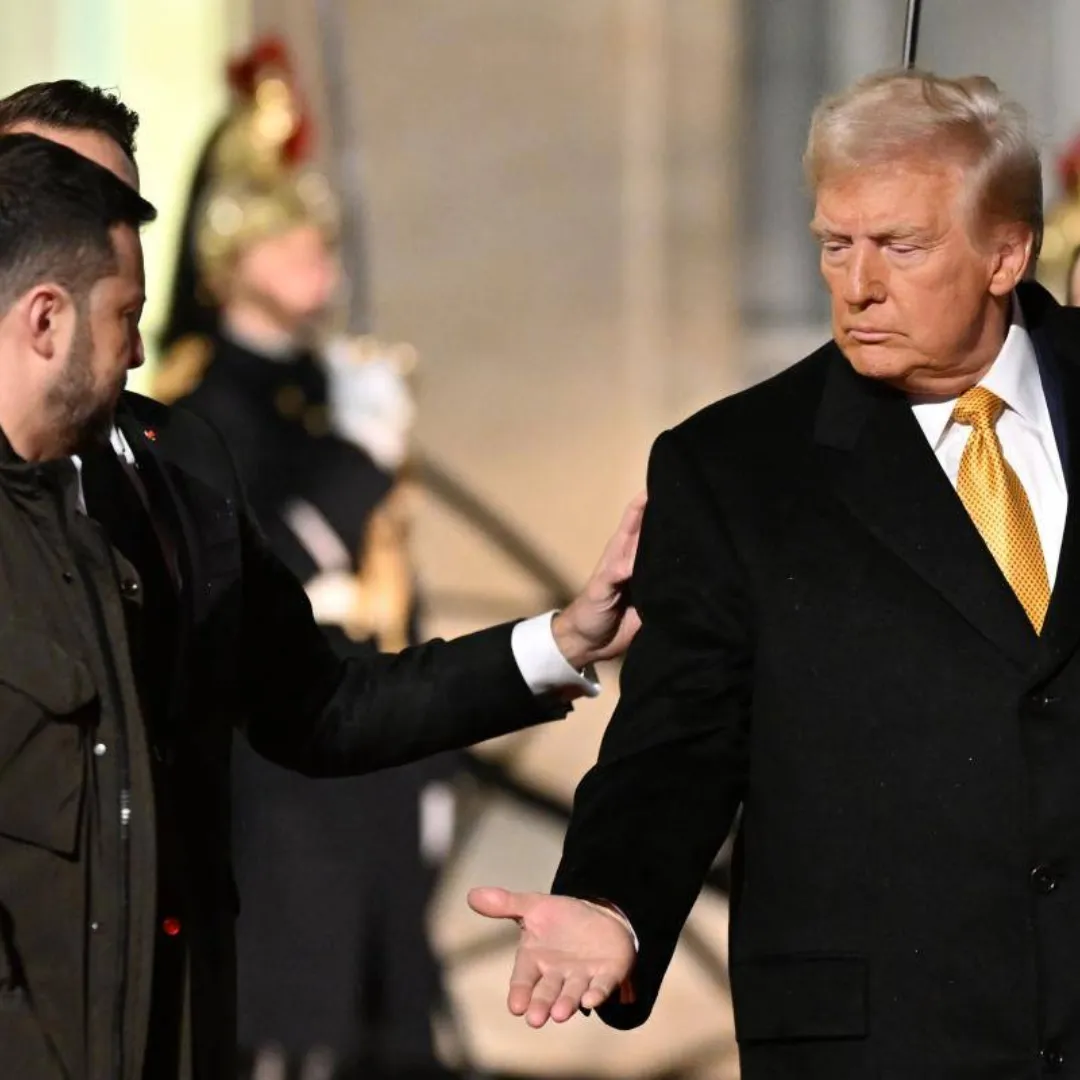
Former United Nations Ambassador Susan Rice voiced sharp criticism against current Defense Secretary Pete Hegseth during a recent podcast appearance, raising concerns over the direction of leadership at the Pentagon and the broader implications for diversity and equality in the United States.
Speaking with podcast host Brian Taylor Cohen, Rice openly questioned Hegseth’s qualifications to lead at an international level and lamented what she described as a dangerous shift away from merit-based appointments toward an exclusionary ideology favoring a narrow demographic.
Her remarks come amid escalating scrutiny over Hegseth’s handling of sensitive information and a sweeping rollback of diversity, equity, and inclusion policies initiated under the second Trump administration.
Rice did not mince words when describing what she sees as the current criteria for high-level federal appointments. She stated, "Well, if you’re a white male Christian cisgender macho MAGA man, you can be as dumb as a rock and be deemed qualified to serve as secretary of Defense. That’s apparently what we’ve learned from this episode."
Her comments referenced growing concerns surrounding Hegseth’s repeated use of unsecured communication platforms such as Signal to share classified information, a practice that former Defense officials have warned could endanger national security. Despite these warnings, Hegseth’s position remains secure, emblematic, according to Rice, of a broader disregard for traditional standards of competence and accountability.
In discussing the deeper systemic issues, Rice warned that diversity, equity, and inclusion initiatives are under siege in the current administration, labeling the movement against DEI as not just political but existential for the nation's future inclusivity.
She explained, "DEI has been used as a slur to suggest that anybody who might be a woman, might be a person of color, might be a religious minority, might have a disability, might be a veteran of Native descent, anybody who has benefited in any way, shape, or form from the notion that we all should be treated equally and that we should be viewed on the basis of our merits and not discounted because we happen to be a woman or happen to be a person of color."
Rice expressed concern that the erosion of DEI policies signals a reversion to exclusionary practices, where only a select few are deemed capable or worthy based on narrow identity markers rather than individual merit or achievement.

Rice further stated that in the present political climate, "Anybody who fits the mold of somebody who is not a white Christian cisgender male is by definition in this administration deemed inferior."
Her observations paint a grim picture of a federal system that she believes is regressing into discriminatory patterns that overlook vast segments of the American population. This view is reinforced by recent executive actions taken by President Trump, who in January signed orders eliminating DEI hiring practices across federal agencies and encouraging private sector corporations to do the same.
The tangible impacts of these directives have already begun to reshape the landscape of federal leadership, particularly within the Department of Defense. Following these executive orders, significant personnel changes rocked the Pentagon. The removal of top defense leaders was widely attributed to their prior public support for diversity initiatives.
Among those dismissed were the chair of the Joint Chiefs of Staff, Vice Chief of Staff of the Air Force Gen. Jim Slife, and Chief of Naval Operations Adm. Lisa M. Franchetti, the latter making history as the first woman ever to serve on the Joint Chiefs of Staff. Hegseth, when questioned about these removals, made it clear that ideological purity around traditional warfighting priorities was now the dominant standard.
He asserted, "Any general that was involved — general, admiral, whatever — that was involved in any of the DEI woke s--- has got to go. Either you’re in for warfighting, and that’s it. That’s the only litmus test we care about."
This dramatic repositioning within the Pentagon reflects a broader political project underway within the Trump administration, one that seeks to systematically dismantle diversity efforts under the guise of restoring traditional competencies.
Critics argue that such a move risks excluding talented individuals who have historically faced barriers to entry in top government roles and whose presence has enriched institutional decision-making with broader perspectives and lived experiences.
Rice emphasized that the consequences of this rollback would not be limited to those immediately dismissed but would ripple outward to affect the "vast majority" of Americans who benefit from a government that reflects their diversity and understands their unique challenges.

Rice’s warnings echo those of many civil rights advocates, who argue that DEI initiatives are essential for correcting systemic inequalities and ensuring that leadership across all sectors is representative of the population it serves. By undermining these programs, they argue, the administration is signaling that only certain types of Americans are worthy of holding power.
Such a message, they contend, threatens national cohesion and weakens the very fabric of American democracy by excluding voices that bring necessary innovation, empathy, and resilience to leadership roles.
Furthermore, the focus on dismantling DEI programs in the name of efficiency and tradition masks deeper political motivations. Analysts point out that anti-DEI rhetoric often resonates with certain segments of the electorate who feel alienated by social changes emphasizing racial, gender, and cultural equity.
By framing DEI as an attack on competence or patriotism, political leaders are able to galvanize support while implementing exclusionary practices that might otherwise be broadly unpopular if presented in more honest terms.
As the administration pursues its agenda, corporations that once championed DEI policies have also begun retreating under federal pressure. Several major companies have announced plans to reevaluate or discontinue programs aimed at fostering workplace diversity, fearing legal reprisals or regulatory consequences.
This trend, if it continues, could result in a chilling effect across the private sector, where diversity initiatives have been widely credited with improving business outcomes, enhancing innovation, and creating more inclusive work environments.
The elimination of DEI practices at the Pentagon also has profound implications for military effectiveness. Numerous studies have shown that diverse teams are more capable of solving complex problems, adapting to changing circumstances, and demonstrating creativity under pressure.
A military that fails to reflect the society it defends risks alienating the very people it seeks to protect and may struggle to recruit and retain top talent from all backgrounds. By narrowing the criteria for leadership to a rigid set of characteristics, the Pentagon risks weakening its strategic capabilities in an increasingly complex global environment.

Despite the bleak picture Rice painted, she emphasized the importance of continued advocacy and resistance. She encouraged Americans to recognize the value of diversity not as a political tool but as a national strength essential for survival and success in a globalized world.
In her view, the battle over DEI is not simply about bureaucratic programs or symbolic gestures, but about the very soul of the country and the values it chooses to embody.
In the coming months, as the full impact of these policy changes becomes more apparent, it is likely that debates over the role of diversity in public life will intensify. Rice’s comments represent just one voice in a growing chorus of leaders, activists, and ordinary citizens who fear that America is turning its back on decades of hard fought progress.
The future of DEI in government, business, education, and beyond remains uncertain, but what is clear is that the fight for inclusion and equal opportunity is far from over.
For Rice and others, the stakes could not be higher. They argue that a society that embraces diversity not only affirms the dignity of all its members but also positions itself to thrive in an interconnected, rapidly changing world.

Conversely, a society that excludes and diminishes large swaths of its population risks stagnation, division, and decline. As Rice concluded in her conversation, the United States must decide whether it will live up to its highest ideals or retreat into a narrower, less inclusive vision of itself.



